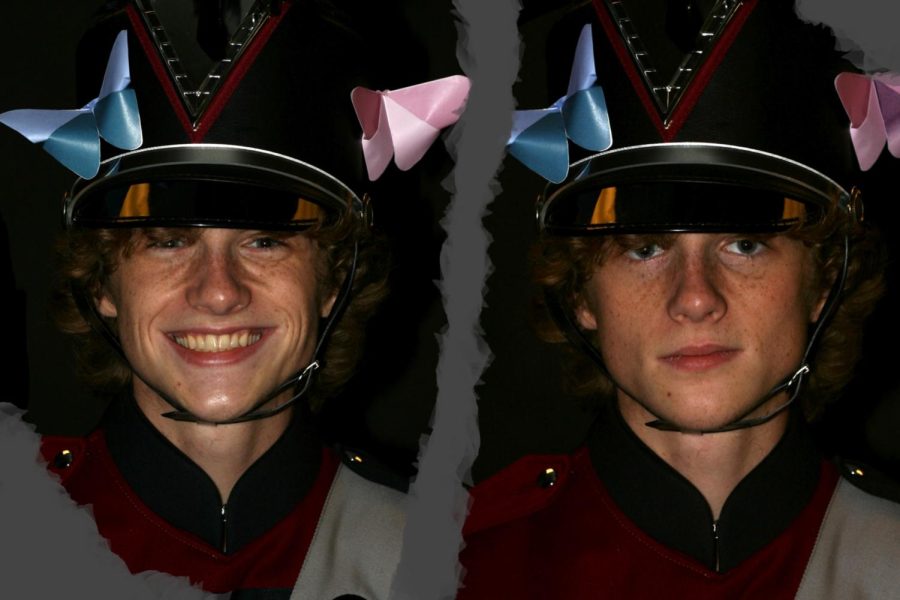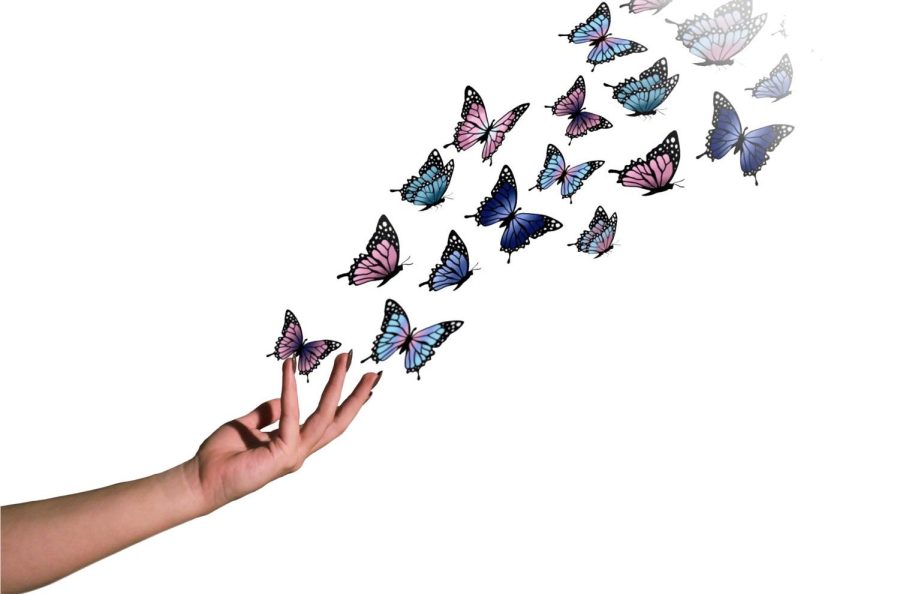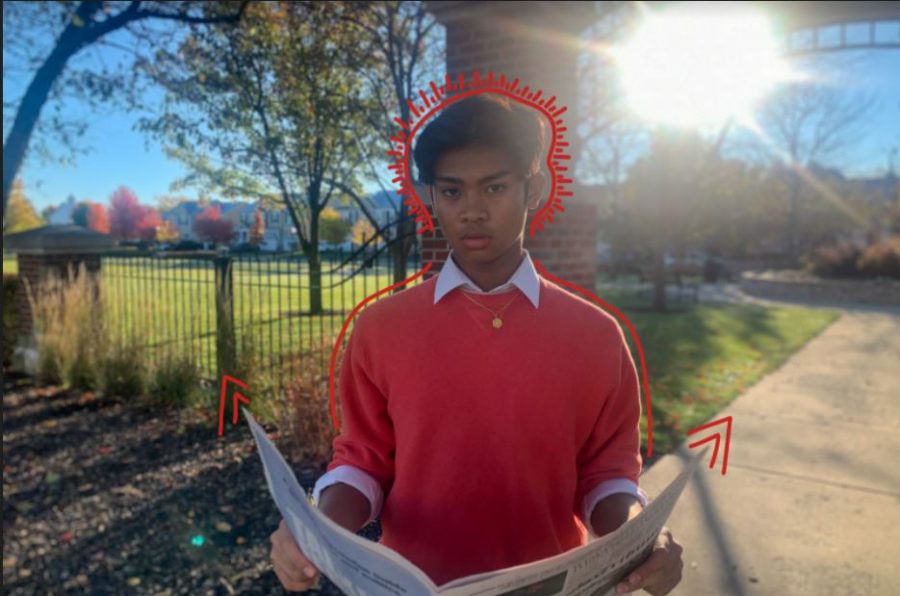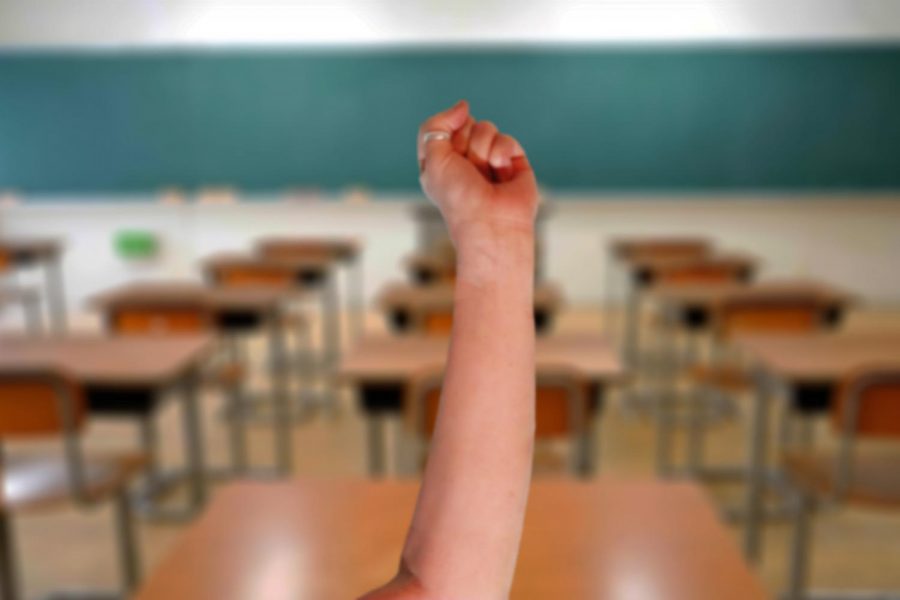As Sequoits, both within the walls of Antioch Community High School and within the Antioch community, we are called upon to be respectful, responsible and proud. ACHS is full of a diverse group of students, staff members and families that come together to make up one, collective body. However, this traditionally homogeneous group can begin to split and become distant if a certain level of respect is not maintained.
While growing up, we were constantly taught about bullying and being respectful of others’ bodies and property. By kindergarten and first grade, we knew that it wasn’t right to hit, kick or punch, and that these actions would lead to serious consequences (including *gasp* the threat of being sent to the principal’s office). However, as we got older we were taught that the definition of bullying didn’t stop with physical harm. Even more important was the idea that a bully could use words to hurt us and that the best way to deal with this was to simply ignore whatever the bully said.
At times, this task can be anything but simple. What happens when no matter how hard you try, you can’t get the words someone says to you out of your head? When the saying “sticks and stones may break my bones, but words will never hurt me” can’t be further from the truth? Words can invoke just as much, and possibly more, pain than any sort of physical altercation. It may sound easy to ignore these hurtful words, but often times words have the power to invoke much more pain than was ever intended.
Christine Kasbohm, ACHS psychologist, is very familiar with the effect that a person’s words can have on others.
“A lot of times people don’t really know the power of what they’re saying. You and I might have a joke that we say to each other and the person next to us could be significantly affected by it. Everybody is different and everybody has a different story,” said Kasbohm.
Junior Max Klaw has experienced first-hand what it’s like to be affected by what others say due to his differences. Klaw, who was born a female, decided to slowly transition publically as transgender when he was a freshman.
“The hardest part was deciding to come out and be myself in high school…I wanted to promise myself that I’d just be me and I wouldn’t change because other people wanted me to. I always got told to be girly, but that doesn’t feel right; I feel uncomfortable like that,” said Klaw.
For Klaw, one of his constant struggles through both middle school and high school has been verbal bullying. Though he has grown to become somewhat immune to these slurs, the things people say are still in the back of his mind.
He said, “I hate hearing the name I used to be called…I don’t have this happen to me, but I know some other trans guys have this happen to them where people use their other name against them.”
To Klaw, it seems that for the most part others just don’t understand what he and other LGBT students are going through and the effect that even the simplest actions can have in the long run.“It’s frustrating when a teacher will mess up the names and the whole class will start to snicker and giggle,” Klaw said.
The words that affect Klaw (and other students experiencing adversity) aren’t always intentional or directed purposely toward a certain individual. Words such as “gay” and “retarded” have become a common part of everyday language. ACHS social worker Joe Loffredo believes that the use of this type of language makes people look ignorant.
“I think it’s sad when people don’t realize that they’re doing it. That’s one thing that I think we work really hard on as teachers; if we hear it in the hallway we take an extra ten seconds to stop that person and address it. A lot of times, people say it so often and they don’t even realize what it actually means,” said Loffredo.
Klaw said, “Honestly, I don’t think it’s going to stop. I definitely think we can educate people. My freshman year I talked in my health class about being transgender and then this year the PE teachers actually invited me to talk to all the freshman health classes, both first and second semesters.”
In addition to his efforts with the freshman health classes, Klaw is part of the Rainbow Alliance. This group is working to start an education system for both students and teachers, which will help to make others more knowledgeable about LGBT in general and how to treat, for example, students that are transgender. This will also hopefully help to increase the tolerance of diversity within ACHS and the community.
Though increasing awareness may help make ACHS more accepting, it won’t be able to dissolve all problems that students experiencing adversity go through. Despite this, faculty within the school, especially Kasbohm and Loffredo, are always willing to offer help and support. The school psychologists and the student services department are great resources for students looking for a way to cope with their problems.
“The hardest thing can be to speak up about it,” said Loffredo. “Verbal bullying is like a stealth weapon. It can go unnoticed or go on for a long time and can grind down on someone. It’s not tattling, it’s just getting help….You’re improving our school by speaking up and making it known.”







![The Black Lives Matter movement has become a growing trend in recent years. "Everything people post on Instagram and everything [related to] politics is a trend now" sophomore Kelsey Aviles said. Despite how serious of a topic it is, some individuals post about BLM specifically because it is trendy.](https://www.sequoitmedia.com/wp-content/uploads/2020/12/Untitled-Artwork-3-900x318.jpg)